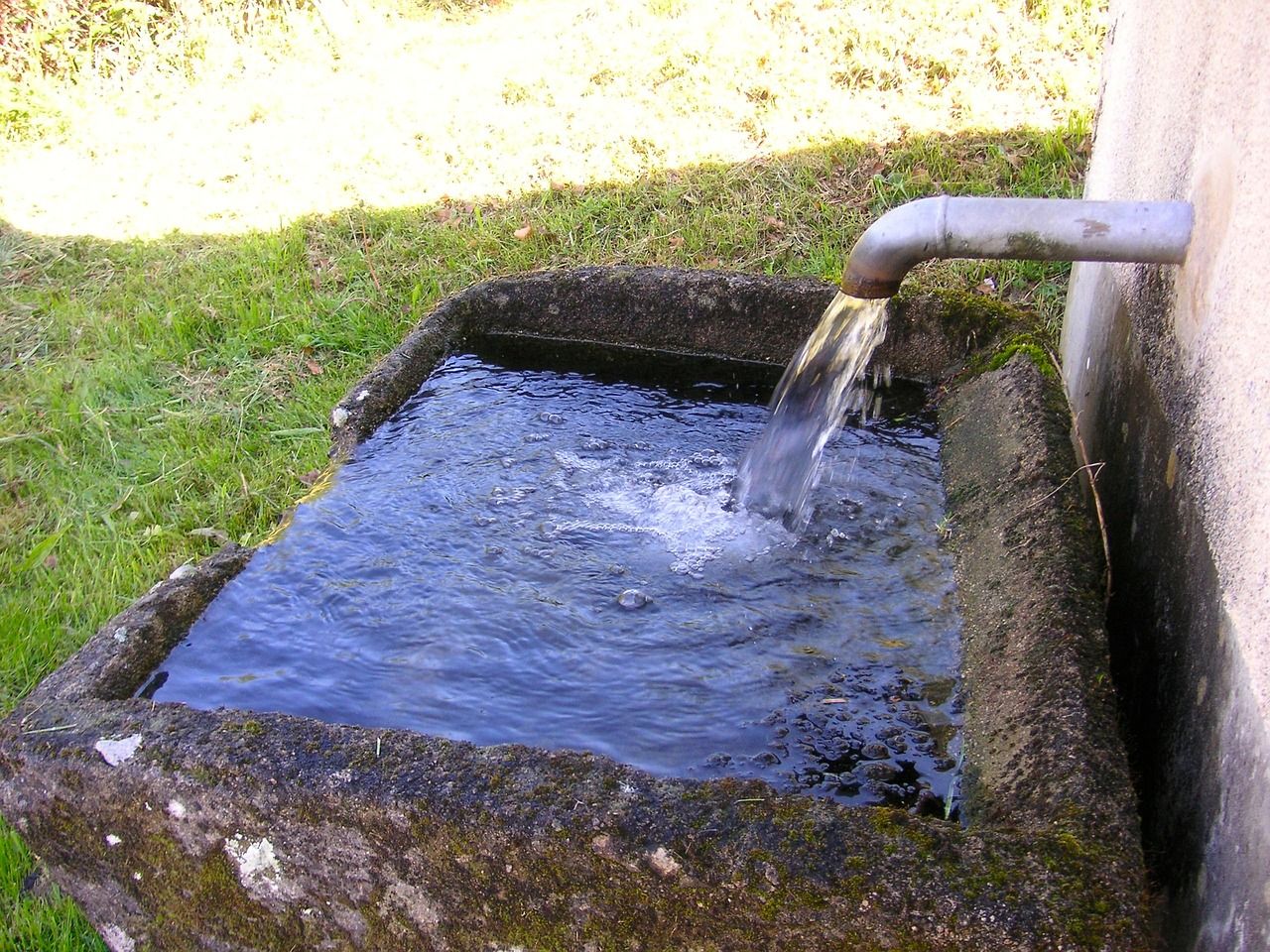
On a Tuesday afternoon in South Berkeley, Betsy Prescott pitched her tents and arranged the produce for the weekly farmers market. As the market lead of Riverdog Farm, which is located in the Yolo County town of Guinda, Prescott drives the farm’s truck to various farmers market locations and oversees its produce stand. Her job has never been easy, but this year it feels even harder, she said, as farmers — still reeling from the pandemic — grapple with new pressures from all sides.
“I can’t remember if it was Marx or Lenin,” Prescott said, “but they basically couldn’t break down the psychology of a farmer because farmers just do it no matter what. And this is just the struggle of being a farmer; it’s really hard.”
California is facing its third straight year of drought, and so far, 2022 is the state’s driest year on record. The shortfall in water, which isn’t expected to end any time soon, has already pushed a number of small family farms out of business and has driven up overhead for operations that are forced to purchase water to sustain their crops.
Meanwhile, other costs for farmers are also on the rise, as inflation skyrockets and the price of supplies continues to increase. Even transporting crops to markets is increasingly expensive, as California’s average gas prices are up by as much as $2 per gallon compared to this time last year. But farmers “have no choice,” said farmers market vendor Lisa Kashiwase. “The gas is going up, we have to pay for the gas going up. What should we do? Come on! There’s nothing we can do, right?”

Drying up
Like Riverdog Farm, many of the vendors at Berkeley’s farmers markets trek in from the Central Valley, the second-most-pumped aquifer system in the U.S. and the area responsible for as much as half of the nation’s produce. That massive output requires an equally massive amount of water to produce, prompting farms like Prescott’s to reduce what they grow.
“We’re just planting a lot less and then planting differently because we have to rely on well water,” Prescott said of Riverdog, which has typically grown a large variety of crops.
Water-intensive crops such as corn and tomatoes will see some of the most significant cutbacks: this year, Riverdog is only planting 250,000 tomato plants instead of their usual 600,000.
The corn you see at Riverdog’s stand this year will come from two small plantings, and most of the farm’s western fields are currently going through their last plantings and will not be replanted this year.
Solano Mushroom, a farm in the NorCal city of Vacaville, is experiencing the drought in a different way. The company, which was one of the first in the U.S. to cultivate shiitake and…
Read more:Berkeley farmers market vendors face climate crisis, high gas prices









 Bitcoin
Bitcoin  Ethereum
Ethereum  Tether
Tether  XRP
XRP  Solana
Solana  Dogecoin
Dogecoin  USDC
USDC  Cardano
Cardano  Lido Staked Ether
Lido Staked Ether  TRON
TRON  Avalanche
Avalanche  Sui
Sui  Wrapped stETH
Wrapped stETH  Chainlink
Chainlink  Toncoin
Toncoin  Shiba Inu
Shiba Inu  Stellar
Stellar  Wrapped Bitcoin
Wrapped Bitcoin  Hedera
Hedera  Polkadot
Polkadot  WETH
WETH  Bitcoin Cash
Bitcoin Cash  Uniswap
Uniswap  Pepe
Pepe  Litecoin
Litecoin  LEO Token
LEO Token  Hyperliquid
Hyperliquid  Wrapped eETH
Wrapped eETH  NEAR Protocol
NEAR Protocol  Ethena USDe
Ethena USDe  USDS
USDS  Internet Computer
Internet Computer  Aptos
Aptos  Aave
Aave  Mantle
Mantle  Render
Render  Bittensor
Bittensor  POL (ex-MATIC)
POL (ex-MATIC)  Cronos
Cronos  Ethereum Classic
Ethereum Classic  Virtuals Protocol
Virtuals Protocol  Artificial Superintelligence Alliance
Artificial Superintelligence Alliance  Arbitrum
Arbitrum  MANTRA
MANTRA  WhiteBIT Coin
WhiteBIT Coin  Monero
Monero  Filecoin
Filecoin